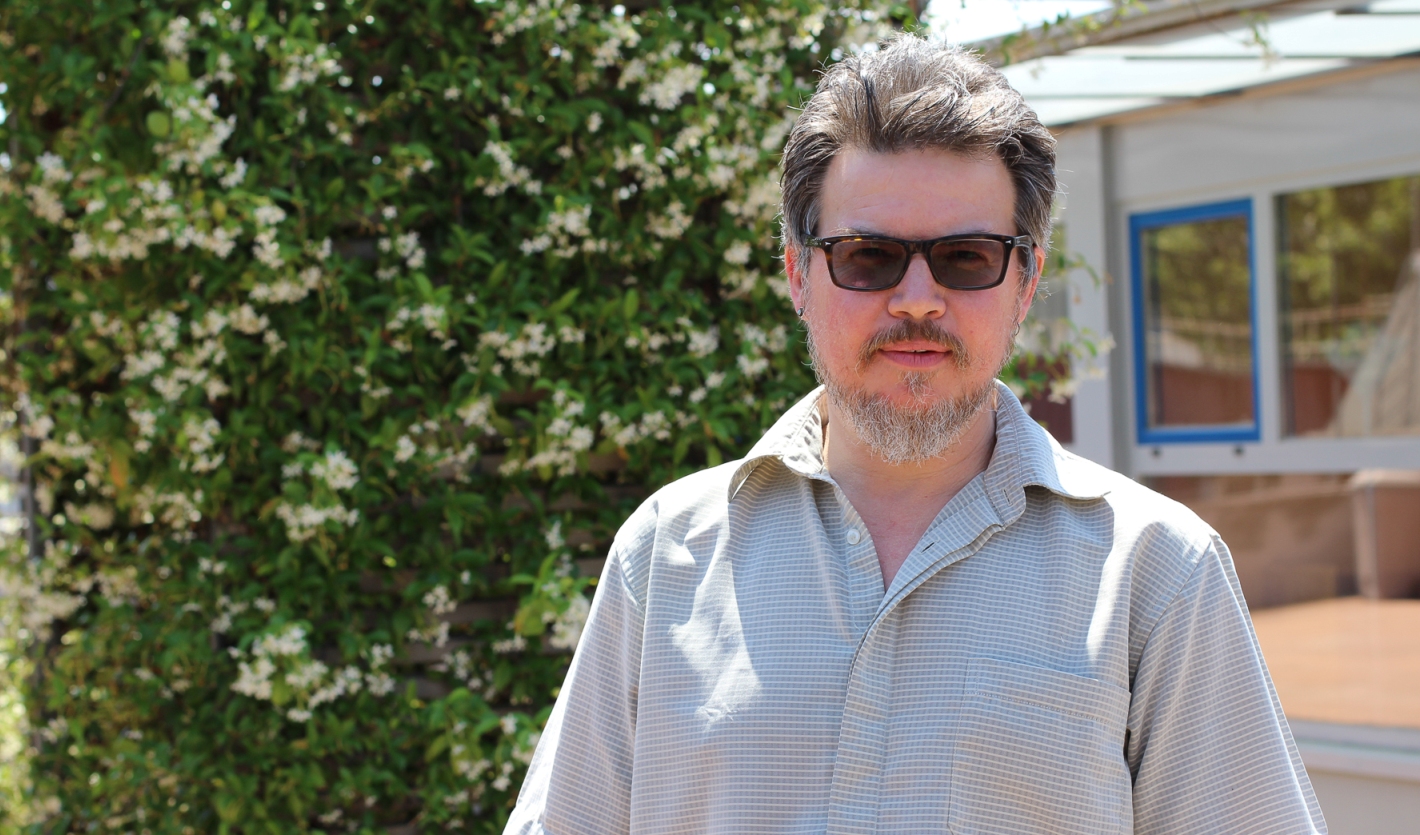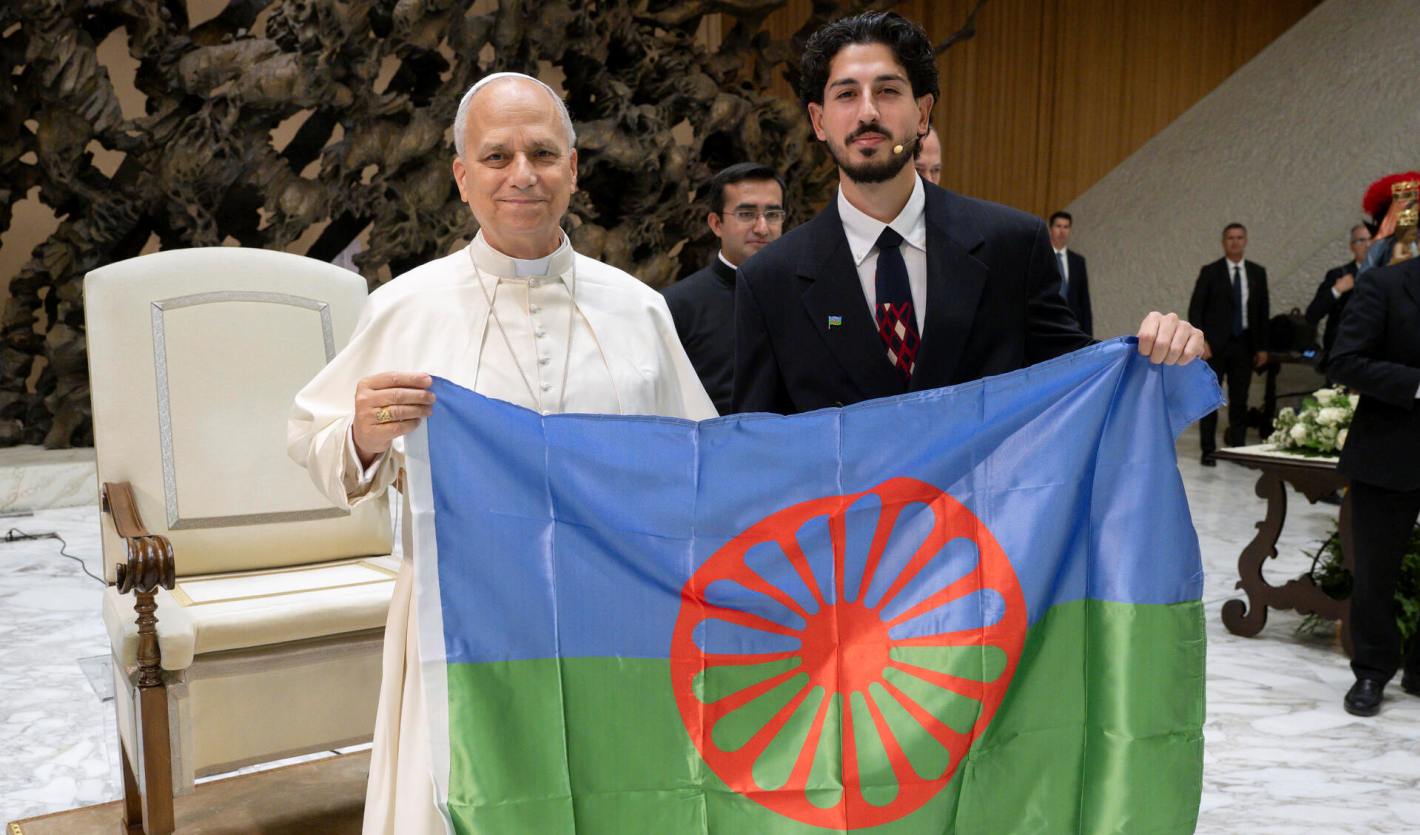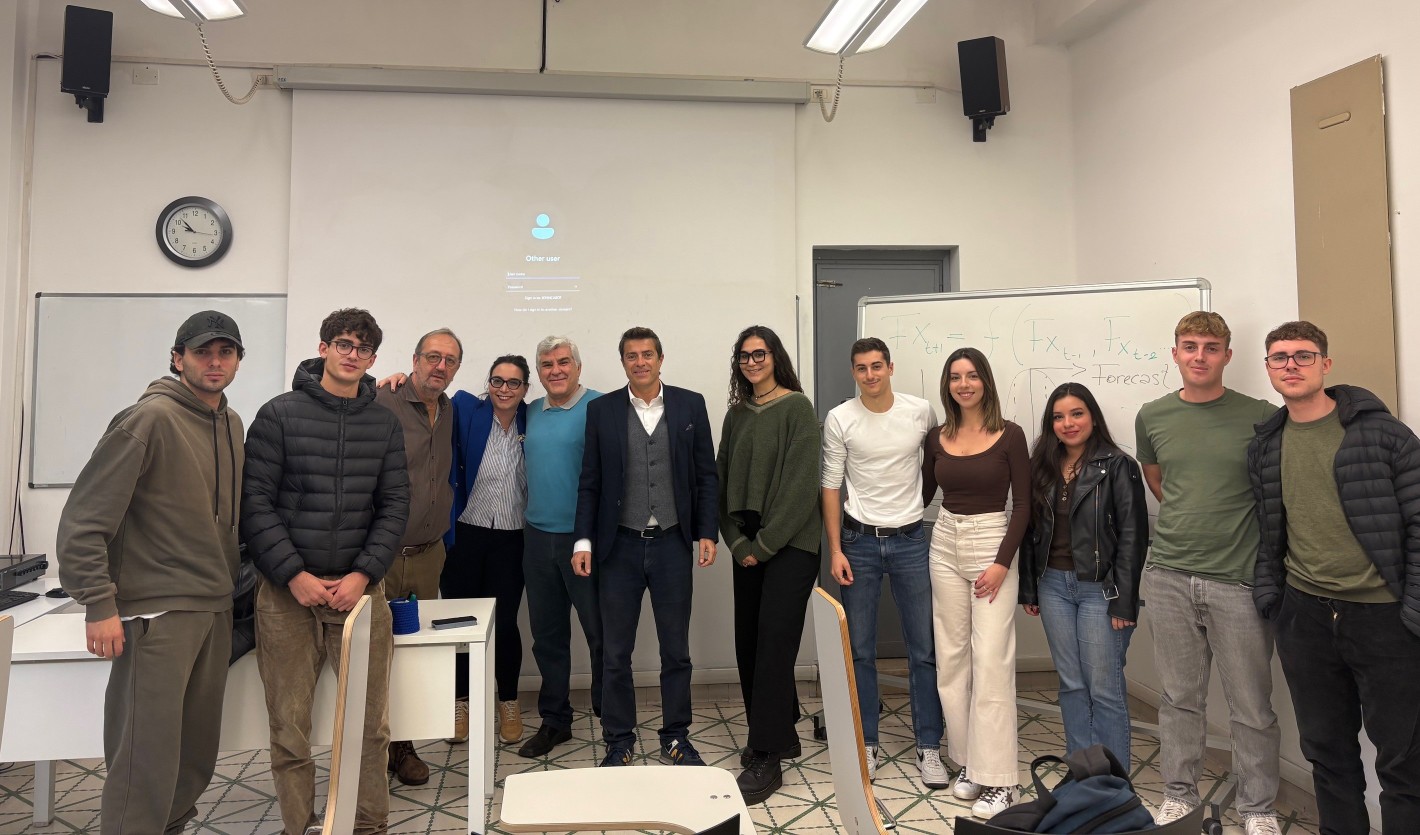Through his vocation for ecomedia literacy, Professor Antonio Lopez motivates students to embark on the quest for environmental awareness. Each of his courses presents unique challenges and innovative solutions to the ongoing environmental crisis. As Professor Lopez often remarks, once your attention is drawn to environmental issues through media, you can no longer "unsee" them, and awareness becomes inevitable. By teaching three distinct courses in the field, Professor Lopez equips students with the tools to recognize environmental narratives and to become active participants in shaping a more sustainable future.
Professor Lopez is an internationally recognized scholar in ecomedia literacy and believes the following/his courses help bridge critical gaps in education by preparing the next generation to think and act with ecological awareness. Central to his teaching is the concept of the “ecological mindprint” — the idea that our understanding of the environment and capacity to take climate action are profoundly shaped by media. By fostering climate conversations, he challenges the notion that what is not discussed in media doesn't exist, ultimately empowering students to communicate environmental issues with clarity and purpose.
Media and the Environment
The Media and the Environment course focuses on connecting different approaches to explore how media influence our ecological mindprint and the ecomedia footprint (i.e., the physical impact of media technologies on the environment). The course adopts a holistic and interdisciplinary approach in its quest to explore environmental public opinion in an ever-evolving media landscape. Students are tasked with performing an ecological assessment of a personal gadget, thus entering into the field of political ecology. By tracing back the item into the production cycle, students analyze how the object is represented in the media and its personal impact, leading students to recognize the media’s role in the climate crisis and to develop strategies for systemic change.
Ecocinema, Environmentalism and Film
Professor Lopez’s Ecocinema, Environmentalism and Film course focuses on the communication of the construction of human-nature relations, ecojustice, and environmental politics in films. The course analyzes a range of topics, such as climate change, wilderness and animal rights, environmental justice, gender and race. By combining film criticism with environmental humanities, students analyze the representation of the environment in documentaries, Hollywood blockbusters, eco-horror, indigenous films, and animation. Students also assess the material impact of the film industry on the environment, focusing on production, distribution, and consumption. The course encourages students to engage with theoretical readings, participate in group discussions, and work on a creative project.
Writing for Advocacy: Climate Crisis
The Writing for Advocacy: Climate Crisis course focuses on writing across the media for climate action. In past semesters, students have written about how climate change has affected their lives and communities back home, sharing stories about how wildfires, hurricanes, extreme heat and loss of biodiversity have impacted them. This course equips students with the skills to communicate effectively about climate change, focusing on writing strategies for various media formats, and developing environmental communication strategies.
A Student’s Perspective
Ada Maria Francesca Romeo, a Communications major and Psychological Science minor at JCU, said: “Professor Lopez has opened my eyes by providing me with a more truthful perspective of the world I live in. What made me reflect the most in his classes is how people are unaware of the impact their lifestyle has on the world. He taught me how to advocate with evidence, evaluate my purchasing choices, discern the nuances in environmental news, and analyze companies' ads that claim to promote sustainability. I can say that as my knowledge of the subject has deepened, my perspective has also evolved.”












